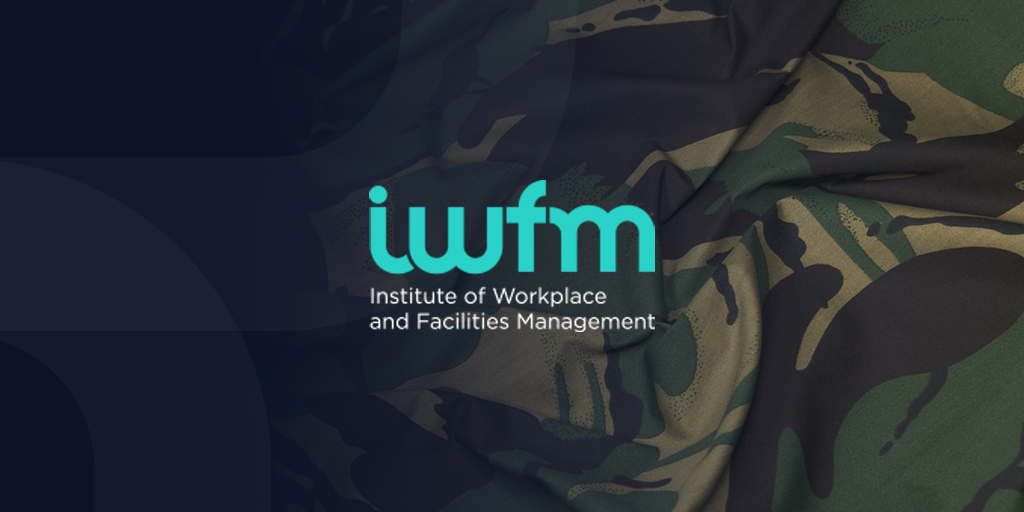“Your discipline, teamwork and collective ownership already set you aside”
News
- Employment and Skills
12 December 2024


Last year we launched the Veterans in FM Network, a dedicated career route for veterans to network and support each other in their workplace and facilities management (WFM) careers. Click here to discover how veterans can find pathways to success in WFM. Veterans possess an array of skills, experiences and ambitions, so we’re keen to highlight individuals from this rich talent pool to better understand their different WFM paths.
One such individual is Luke Folwell, Head of Technical at Equans, who served in the Royal Navy for a decade. Luke spoke to us about the ups and downs of his transition to a WFM career, the merits of different leadership styles and the sector’s growing demand for capable veterans.
How did you manage your transition from military life to a WFM career?
My transition was very difficult; I was still posted on an operational submarine and was at sea for around six of the twelve months I had my notice in, which didn’t lend itself to a smooth transition to civilian life! Just getting on the two-day CTP course was a struggle.
I should have planned things much further in advance, for example, re-settlement leave. Networking was super important for me. LinkedIn was a relatively new concept back in 2015, so my networking was through word of mouth and text messaging mostly. I would recommend using LinkedIn extensively during the notice period.
Once you have an idea on what industry you’re interested in, you can start researching. I would recommend looking for ex-forces on LinkedIn who are in that industry and asking for support and guidance. All the ex-forces guys I’ve met are keen to help anyone transitioning or looking for a new role, whether it’s CV reviews, interview prep or just giving an overview of the industry they are in.
What skills and experiences from your military service have been the most valuable to your WFM career?
My engineering and engineering management skills have been by far the best transferable skills for me. WFM, like other sectors, is in a skills crisis, and technical/engineering skills are right up there on the shortage list. So, if you’re reading this, and you’re an engineer, you’re going to be in demand!
I had to tone down the command/control elements of my leadership style. I believe that this sort of approach has its place in military life, in a limited capacity, however, civvy street certainly lends itself to more inspirational leadership styles.
My current company promotes servant leadership, something I have really got behind and embraced. This model encourages its leaders to support and facilitate their teams to deliver their very best. I really love the concept.
What advice do you have for other service leavers or veterans considering a WFM career?
Come, we need you, regardless of skills or time served. Your discipline, teamwork and collective ownership already set you aside, regardless of the branch or trade training you’ve received. We have so many roles in our sector, from cleaning supervisors to electrical engineers, security guards to sustainability managers.
I truly believe that there’s a role in our industry for any veteran who’s got the right attitude and is keen to develop new skills and competencies.
To find out more about Veterans In FM’s work, click here or visit us on LinkedIn.
